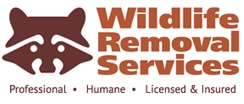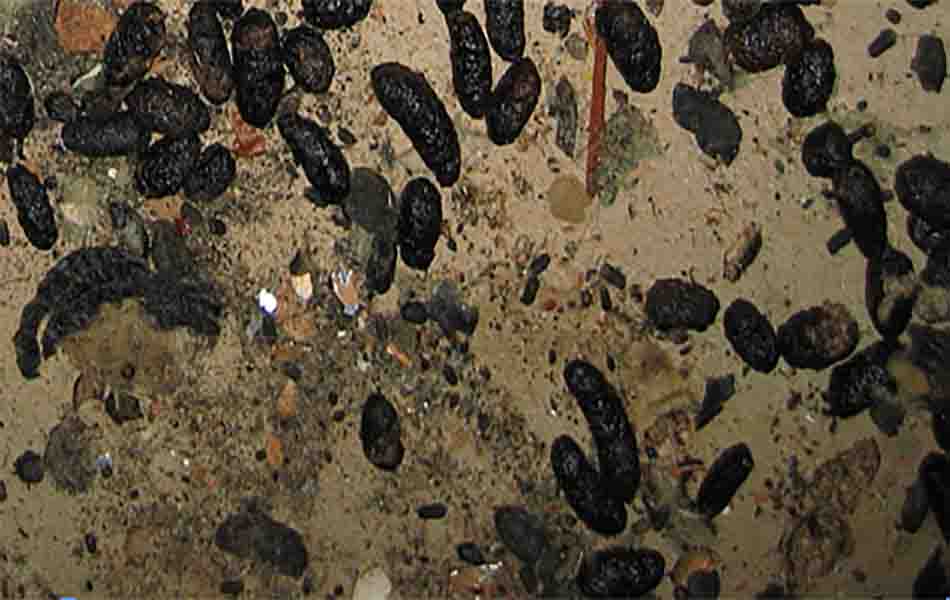How to Get Rid of Squirrel Feces in the Attic
Squirrels are one of the most common animal tenants in attics, and there’s a lot you need to know about their droppings. To help with all your snooping needs, I’m going over what sorts of feces these little guys leave behind and how they can be identified as being from squirrels or another creature!
The first thing that stands out when looking at pictures is just how many different shapes and sizes their poop comes in – which means if someone says, “I think raccoons have infested my attic!” then chances are good his problem may not actually exist after all…unless he also reports seeing dried up pieces near some edges (which would indicate rat poop). These photos should give you a good idea of how small or large their feces can be.
Squirrel droppings are relatively small, typically measuring between 1 and 3 cm in length. They are chunkier and more round than rodent droppings, with a consistency similar to that of a staple. Squirrel poop is usually black in color, though it can also contain bits of undigested seeds and other plant matter. Perhaps unsurprisingly, squirrel feces are an essential part of the ecosystem, providing food for birds and other small animals. If you happen across a pile of squirrel poop while out walking in the woods or your garden, take a moment to appreciate the vital role these tiny droppings play in nature!
How Can I Identify Squirrel Poop Early
When trying to identify squirrel poop or determine whether you have squirrels in your attic, a few key factors can help give you a clear indication of what’s going on. For one, the animal’s size will impact the size and shape of its droppings. As a general rule, squirrel poop is approximately the size of a seed, roughly half an inch long and 1-3 cm thick.
The shape may also vary depending on the age and size of the animal; younger or smaller squirrels tend to produce rounder, less distinct droppings than larger or older animals. Additionally, look for other signs of squirrel activity in order to verify your suspicions; if you see scratches or chew marks along your roofing or siding, squirrels have likely made their way into your attic.
Overall, accurately identifying squirrel poop can be a valuable tool for determining whether or not you need professional assistance in getting these furry critters out of your home!
Related article: What Does Squirrel Poop Look Like?
When it comes to wild animal poop removal, you must be careful not to touch the feces you find in your attic. Regardless of what kind of animal made it, feeling the poop can put you at risk for serious diseases and infections. To ensure that you get this dangerous job done safely, it is best to call on a professional who has experience with wild animal poop removal. A qualified pro will have the equipment and expertise needed to handle this delicate task and know how to contain and dispose of the waste without putting yourself or anyone else at risk.
Squirrel Feces Can Be Dangerous
Roundworm is one of the most common health concerns directly related to touching squirrel feces. Roundworm is contracted by contacting infected animal feces and then touching your mouth or nose. The CDC reports that over 10,000 cases are reported each year in the United States, with children most susceptible. Symptoms include stomach pain, diarrhea, coughing, and vomiting, and if untreated, can lead to death. So please, if you find any type of feces in your attic, do not touch it! And always call a professional for wild animal poop removal. Your life could literally depend on it!
So if you suspect that your attic might be home to wild animal droppings, call in a qualified expert for safe and effective poop removal.
Rat poop, opossum poop, and squirrel poop can be found anywhere they are walking. This can pose a serious health risk to humans, as these animals can carry diseases in their feces. It is so important to clean up any squirrel feces that you find in your attic or home. The best way to do this is to call a professional wildlife removal company. These companies have the experience and equipment necessary to safely and effectively sanitize your attic. In addition, they can also help to prevent future squirrel invasions by sealing off entry points into your home.
When it comes to questions about squirrel poop, my customers frequently ask me what it smells like. And I have to say, it’s definitely not a pleasant odor. The smell of squirrel feces is pungent and musty, with hints of ammonia and rotting fecal matter. If you’re up close to an unclean squirrel’s waste, this unpleasant odor will make your eyes water or your stomach turn.
The reason behind this strong odor is the high level of uric acid found in squirrel droppings. This compound gives urine its distinctive, sharp scent. It is also responsible for the pungent aroma of feces. As any experienced gardener can tell you, ammonia is a key component of many common household cleaning products, thanks to its ability to quickly neutralize odors and unsightly stains. So when squirrel droppings start smelling like ammonia in addition to their normal odor, you know they are getting old. They need to be removed from your lawn or garden immediately.
Squirrel poop is a smelly nuisance that can cause problems for both homeowners and gardeners when left untreated. Fortunately, there are a number of prevention strategies that you can use to keep these creatures away from your property so that you don’t have to deal with their smelly droppings.
Related article: Is Squirrel Poop Dangerous?
Squirrel Removal Experts in Boca Raton
If you have a squirrel problem, be sure to rely on professionals. At Wild Life Removal Services of Florida, our technicians understand the importance of proper respiratory safety equipment and hazmat suits. Utilizing state-of-the-art protective gear, we work quickly and efficiently to ensure that all squirrel feces is safely and thoroughly removed from your property. Whether you are dealing with a large infestation or just need a targeted clean-up, our skilled removal experts will keep you protected. So if you’re looking for a reliable squirrel feces removal service in Florida, look no further than Wild Life Removal Services of Florida! We’ll get the job done right, guaranteed.
Squirrel droppings can be a serious nuisance for homeowners and visitors to residential properties. These little pellets have a distinctive unpleasant smell that can quickly permeate an entire area, making life miserable for anyone nearby. In addition, squirrel droppings pose a health threat, as they may contain harmful parasites or pathogens that can seriously affect people and animals.
Furthermore, squirrels are wild animals that generally live outdoors and do not belong in residential areas. As such, they will often defecate in pools, lakes, rivers, ponds, and other bodies of water and around houses or in attics. Suppose you see signs of squirrel poop in any of these places or around your property or home. In that case, it is important to stay away from the droppings and take steps to remove them as quickly as possible. And be sure to keep your pets and children safe by making sure they don’t come into contact with the droppings or eat them by accident. This will help prevent the spread of disease and maintain your peace of mind for years to come.
Our team at Wildlife Removal Services of Florida has collectively over 30 years of experience removing unwanted animals from all over south Florida. Give us a call today, and you wont need to worry about them tomorrow.

